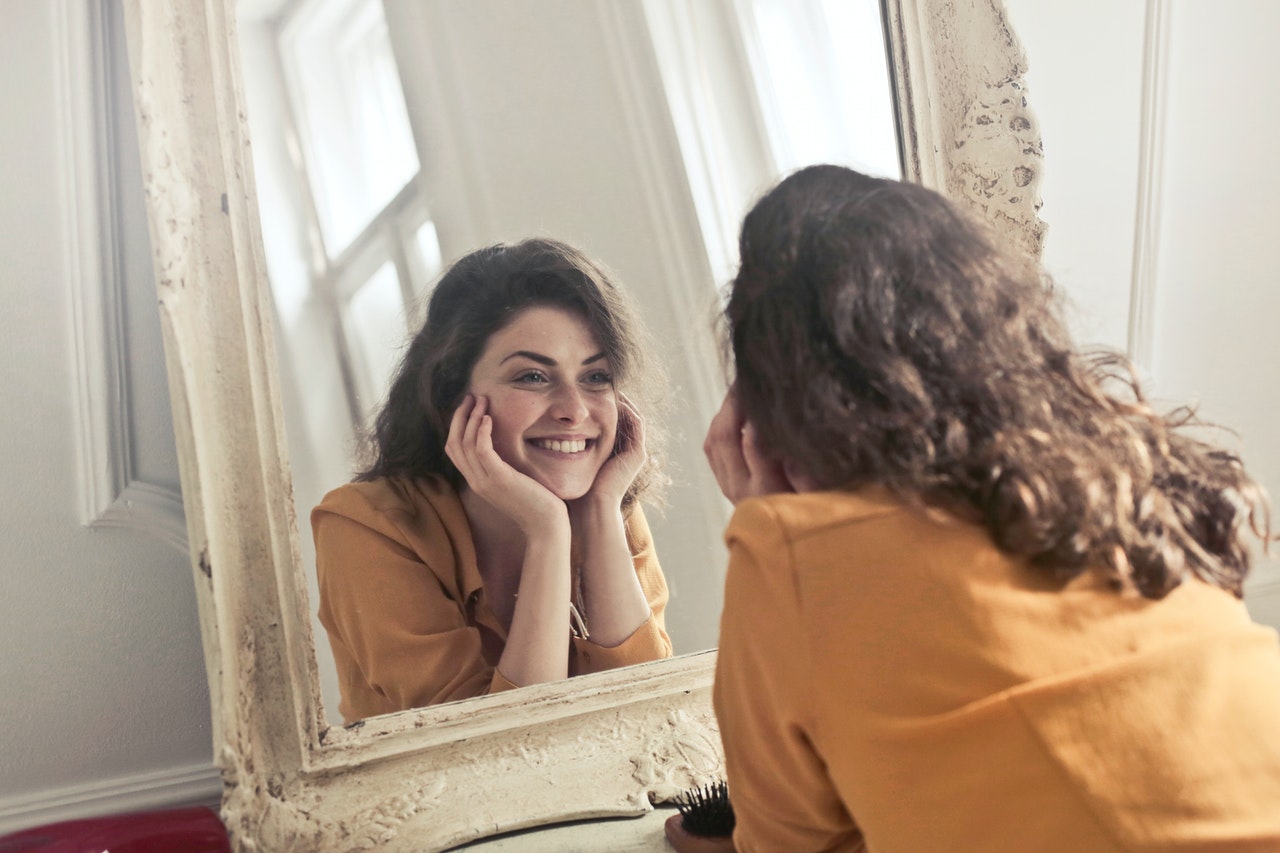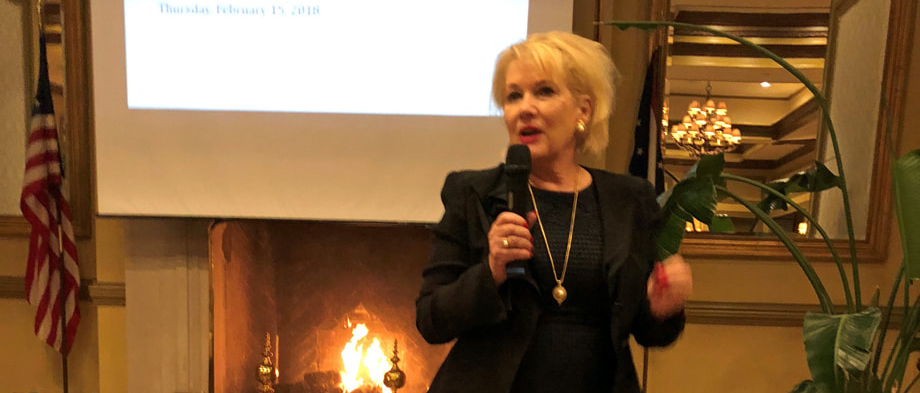As a psychologist, I use empirically validated treatments like dialectical behavior therapy, cognitive behavioral therapy and acceptance and commitment therapy to treat panic-like symptoms, difficult transitions, depression, eating problems and sleep problems that are common psychological issues during the coronavirus pandemic.
But I find people also need to be inspired with meaningful stories and philosophical, spiritual ideas. I am not a Buddhist but I often share the basic tenets of Buddhist philosophy to help individuals regulate uncomfortable emotions and gain perspective during uncertain times.
When I was in college I learned about Buddhism in a class titled “The Seven Religions of the World.” Buddhism teaches that the path to enlightenment and happiness is through the four noble truths:
The first noble truth is that pain is inevitable.
It is not because you are defective or “not enough “or did something wrong that you are experiencing pain. It is simply part of the human condition. Pain is inherent because everything in life is always changing. People divorce, kids grow up and leave home, some businesses close unexpectantly…what seems like it came out of nowhere, now we have the coronavirus which has changed every aspect of our lives.
The positive aspect of everything changing is that if you are in a bad place, bad times won’t last forever. They will change. In time, we will have a coronavirus vaccine and our lives will not return to how they were months ago, but we are resilient and we will develop a new normal.
If you are in a good place, enjoy the present moment. Focus your energy on all the good in your life because everything changes.
The second noble truth is that suffering is optional.
We can’t help if there is pain in our lives but we can choose to suffer or not suffer – even during the pandemic. Suffering occurs when we struggle against our life experiences (“this isn’t fair, this shouldn’t be happening to me”, etc.)and crave what we can’t have. We want to go on vacation this summer, watch sports events, participate in arts – not on TV but in person. We want to stop worrying about ourselves and loved one getting the virus, grieving losses of people who have died because of the virus and social distancing.
We have to radically accept that we are in pandemic and reach out to others. Let’s use our extra time to stop and see if we are living in a way that is healthy and experiencing some level of joy in our lives, and during this communal pause let’s reflect and remember the time for change is now!!
If you need some extra help to start living with more ease and joy, let’s chat! Contact me for a free consultation to see if working together would be a good fit!










